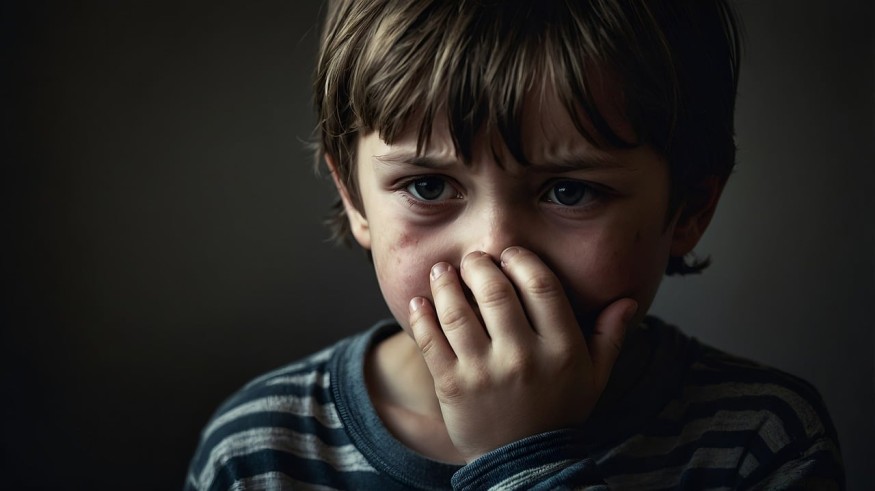
Childhood lays the groundwork for emotional development and self-perception, making the impact of parental criticism profound. According to Dr. Beth Pausic, Psy.D. of Kooth Digital Health, early interactions shape our inner dialogue and influence lifelong behaviors.
"Childhood is a critical time for development," Pausic, a clinical psychologist with Kooth Digital Health, said. "On an emotional level, this development includes forming our self-identity, learning emotional regulation, developing social skills and emotional resilience. While this developmental process is influenced by multiple factors, one main contributing factor is our relationship with our caregivers."
Interactions are vital for childhood growth. Secure and supported children often build positive self-relationships and relationships with others. Conversely, kids facing ongoing criticism may adopt an inner critical voice from caregivers.
Pausic noted that persistent parental criticism can lead to unhealthy behaviors and a negative self-view. A critical childhood environment might hinder developing a healthy self-concept and affect relationships and well-being.
These experiences often lead to traits seen in adults who had critical childhoods.
Psychologists have highlighted five telltale signs that childhood criticism may manifest into adulthood traits, according to Parade:
1. Difficulty regulating emotions
Phrases like "Just relax" and "You're too sensitive" might have been frequent refrains you encountered, despite the fact that stress, anger, and sadness are natural emotions.
"If children do not learn that their emotions are valid and normal, they can have challenges regulating their emotions as adults," Dr. Ernesto Lira de la Rosa, Ph.D., a psychologist and the Hope for Depression Research Foundation media advisor remarked. "Moreover, when children grow up in a highly critical environment, they may experience difficulties regulating what we call 'negative emotions.' They may feel them very intensely and do not know how to self-soothe during these moments."
2. Constant apologizing
While "I'm sorry" can be impactful, constantly uttering it throughout the day may indicate a deeper issue.
"Children may learn to apologize as a way to survive in a highly critical environment," de la Rosa said. "They may continue to engage in this behavior as adults and may apologize for making mistakes or simply being themselves."
3. Social anxiety
"If we grow up in an environment where negative and critical feedback is consistent and constant, we may experience a lot of social anxiety because we never know when we are going to be on the receiving end of critical feedback," de la Rosa explained. "This anxiety can transform into social anxiety in adult relationships, and we may worry about what others are thinking about us and fear that we will upset them."
4. Low self-esteem
If you grew up hearing repeatedly that you didn't deserve love, kindness, or respect-whether through words or actions-developing low self-esteem is almost inevitable.
"It logically follows that you would believe those things, especially if you are not given other possible choices," said Dr. Erisa M. Preston, Psy.D., a licensed clinical psychologist and the regional psychotherapy director at Mindpath Health.
Preston identified poor eye contact, slumped posture, and difficulty asserting yourself as common indicators of low self-esteem.
5. Difficulty accepting compliments
Negative self-talk can create barriers to accepting positivity, even from loved ones.
"When someone constantly criticizes you, genuine compliments can feel confusing or undeserved," explained Dr. Gayle MacBride, Ph.D., LP of Veritas Psychology Partners.
MacBride noted that responding to compliments with statements like, "It wasn't that great. I could have done better," may indicate a need to address the lingering effects of childhood criticism on self-perception.
Addressing childhood criticism involves understanding its impact and actively working towards healing and self-acceptance. By fostering self-awareness and seeking appropriate support, individuals can navigate past influences and shape a more positive future.
